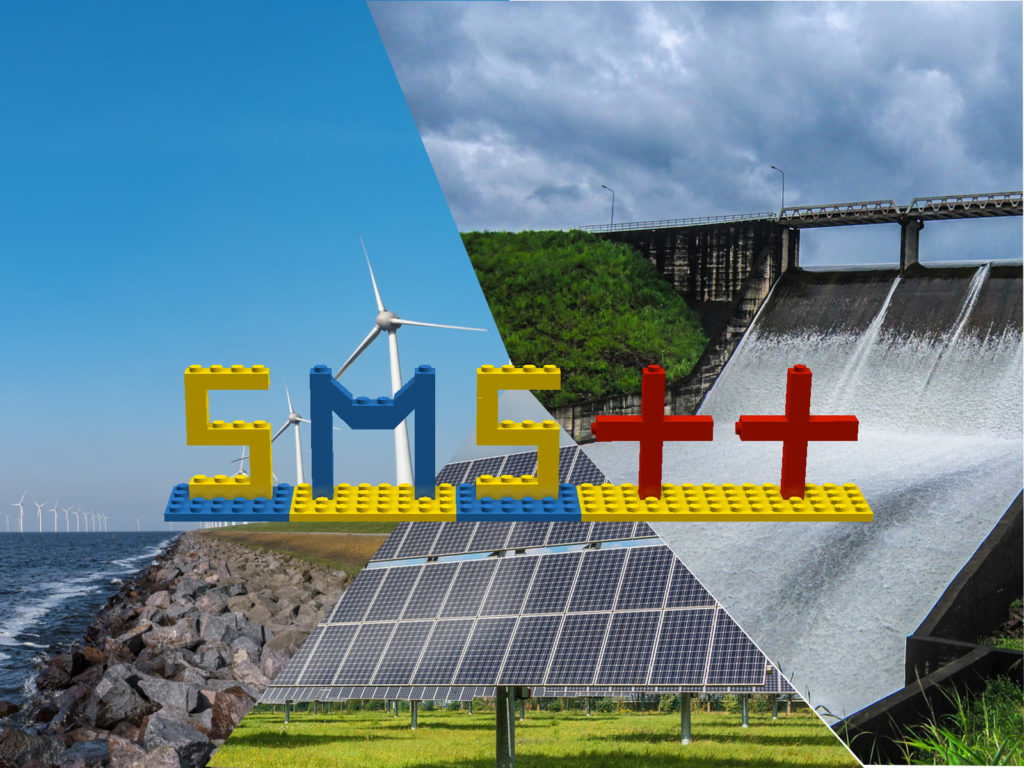
The energy system, and in particular the electrical one, is often called “the most complex machine ever developed by mankind”. As such it gives rise to numerous and complex optimization problems in all stages of its planning, management and operations, from multi-decades decisions relating to which generation and transmission plants to install and where, and even which technologies to research for their development, to annual decisions related to the management of energy storages (gas storages, water in hydroelectric basins, …) to take into account the seasonal evolution of production and consumption, to daily or weekly decisions relating to the hour-by-hour scheduling of production plants to satisfy the demand at the minimum (economic and environmental) cost, taking into account the complex technical constraints of the production and distribution units, up to the real-time determination of the alternating current flows in the network. All of these problems are typically multistage, nonlinear and / or combinational and subject to multiple forms of data uncertainty; in addition, it is often necessary to solve them in “unreasonably short” times compared to their intrinsic complexity in order to satisfy the constraints imposed by the operating procedures of the systems.
CommaLAB has been working on these problems for over 20 years, as demonstrated by having directed an Agency 2022 project of the CNR on these issues as far back as 2001. Over the years, many projects have been organized and managed on the subject, such as the COST Action TD1207 Mathematical Optimization in the Decision Support Systems for Efficient and Robust Energy Networks, the H2020 project Plan4Res: Synergistic Approach of Multi-Energy Models For an European Optimal Energy System Management Tool, numerous projects funded by the Gaspard Monge program for Optimization and Operations Research, and the Project AUTENS of the University of Pisa. For this reason, CommaLAB members collaborate with researchers from other national and international Departments and Universities, for example within the Interdepartmental Center for Research on Energy for Sustainable Development (CIRESS) of the University of Pisa.
